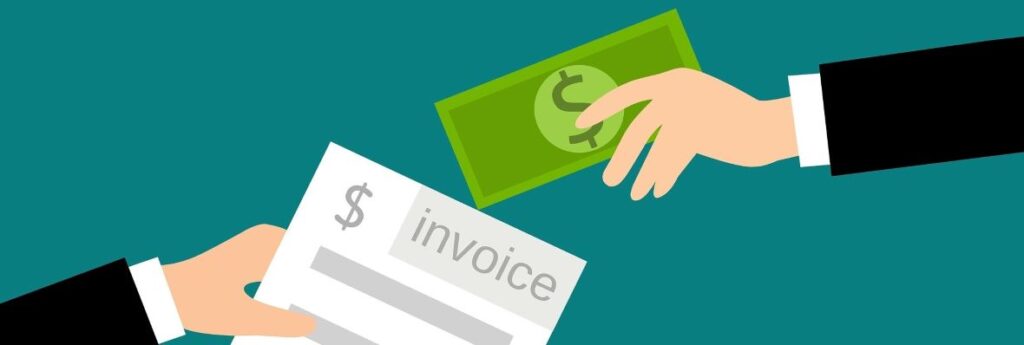It should be a simple case of supply and demand: As more people take advantage of vaccinations and easing travel restrictions to satisfy a pent-up need to travel, coupled with a sluggish return to supply norms, travel prices ought to be spiking. However, like everything with the pandemic, it’s complicated.
Take Hawaii, where rental car prices have surged in tandem with an influx of tourists in recent weeks as the islands re-open to tourism. Some companies in Honolulu had only large vans for US$500 a day and convertibles for $1,000 a day or more, while in Maui, the cheapest rental car was $722 each day for a sedan.
Part of the problem is that the pandemic has resulted in limited rental inventory.
“Because of the pandemic, the car rental companies had nowhere to put all the cars. So, what they had to do is sell them,” says Jerry Agrusa, a professor in the School of Travel Industry Management at the University of Hawaii. Uncertainty about when tourism would return (in full) is another factor for the high prices, he said.
However, Bruce Poon Tip, founder of Toronto-based G Adventures, believes that the price of travel will ultimately be cheaper in the short-term, as the industry attempts to incentivize consumers to travel again through discounts and flexible booking options. But he also expects that there will be a price spike in the mid-term “once the industry hits its stride.” And in the long-term prices should stabilize, Poon Tip concludes.
Other experts are expecting that the cost of travel will slowly rebound from historic lows as more people receive COVID-19 vaccinations and book long-deferred trips.
Statistics from south of the border show that the cost of a US domestic round-trip ticket in the second quarter of 2020 dropped 28% from the same period in 2019 precipitated by a 95% drop in demand; but domestic airfare prices are now expected to rise 4%-5% every month until summer 2021.
“A lot of that is based on the vaccination rollout,” says Adit Damodaran, an economist with travel search tool Hopper, adding that the increased demand from vaccinated travellers might combine with decreased supply from airlines, which scaled back routes and flight frequency in 2020, parked aircraft, and furloughed staff.
“Airlines are burning so much cash, so what we’re seeing is that they’re slowly expanding supply,” said Jesse Neugarten, who founded the flight deal newsletter Dollar Flight Club. “If we have to shut down travel again, they don’t want to get caught in a similar situation as they did in 2020.”
Hotels
Hotel prices have also dropped during the pandemic, though not as uniformly. Room rates in February in New York City were down 37% year-over-year according to Hopper, while small-town hotels saw only a 5% dip. This data reflects a larger exodus from crowded cities during the pandemic, however, the pattern could reverse as vaccinated travellers flock back into metropolitan areas later in 2021, driving prices up.
Business travel
However, because business travel, which has all but ceased during the pandemic, will likely be slower to return, prices hikes may be counter-acted, keeping prices low throughout 2021, especially in large cities. Airfare prices may be similarly affected, as more tourists take to the skies.
Booking flexibility
Neugarten, who tracks flight deals, points to a changing travel landscape that extends beyond considerations of supply and demand. The pandemic changed how airlines and hotels handle flexibility, with many eliminating change and cancellation fees altogether. This, in turn, has changed the logic for how and when to book travel.
“I’m not going to book last-minute because I can get a good deal if I’m booking three months in advance,” Neugarten says. “There’s a lot of incentive to book a deal now because of the flexibility.”
Furthermore, the travel trends that mark a typical year remain in flux.
“The traditional events of the year in travel are simply not happening, so there isn’t the same ‘best time to book’ that we would normally see,” said Mark Crossey of Skyscanner, a flight search tool.
And then there is the question of international travel. Many countries have limited tourists and these restrictions may remain even as more travellers receive vaccinations.
“We’re not expecting an increase in prices for international airfare until May,” says Damodaran. And changing prices are unlikely to be geographically uniform, as countries update their policies one by one.
Uncertainties abound. Vaccine distribution hiccups could dampen prices, as could surges in COVID-19 variants. Flexible booking options, although good for customers, could lead to mass rebookings later in the year. And volatile oil markets could impact airfare prices, as they do in normal years.
Despite these unknowns, experts remain cautiously confident that those looking to book 2021 travel should do so sooner rather than later. Greater flexibility reduces the risk of changing plans, and increased travel demand is unlikely to drive prices below current levels.

